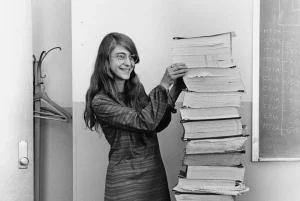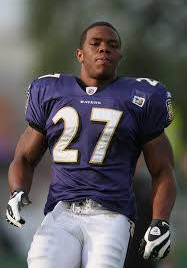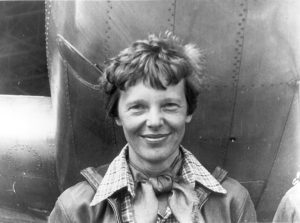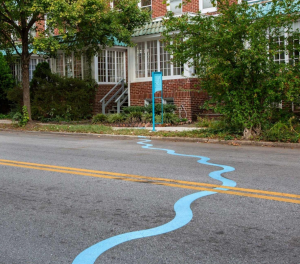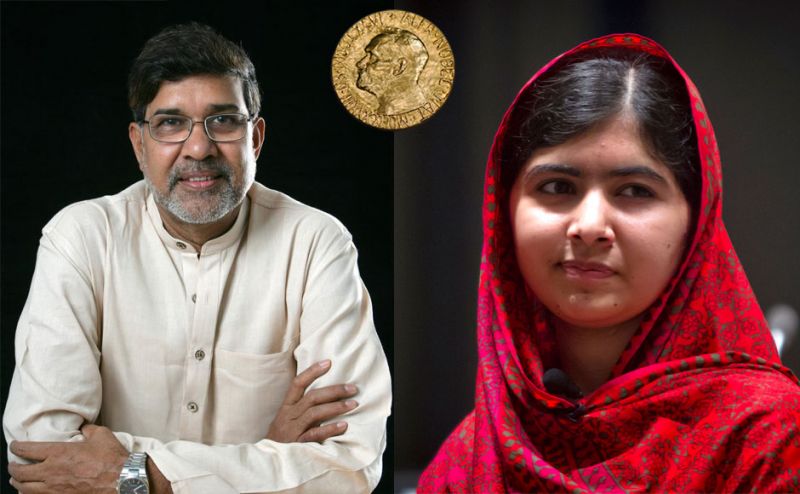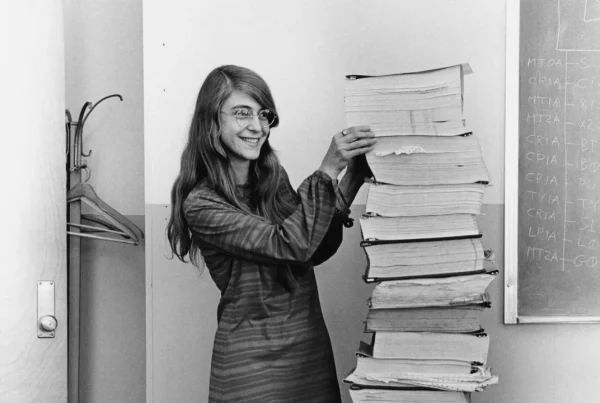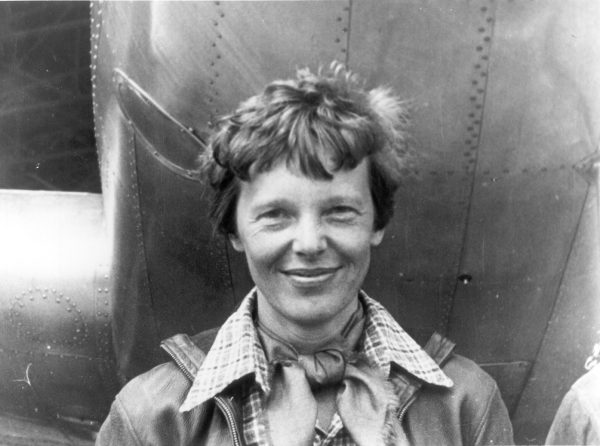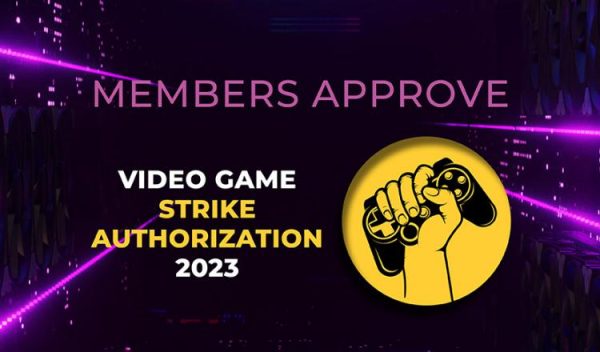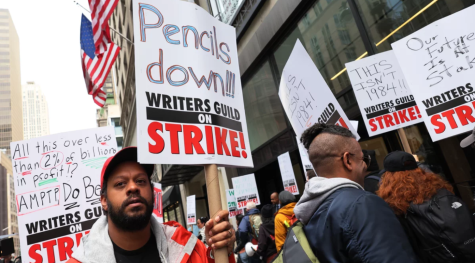World’s Youngest Nobel Peace Prize Winner
The Nobel Peace Prize was awarded on Friday, October 10th to Malala Yousafzai and Kailash Satyarthi. Both individuals stood strong to support the civil liberties most of us have come to expect. There are still many places in this world where the most basic rights are nonexistent. This year, the prize was awarded to two people who lived in such places, and fought for simple human rights.
At the age of seventeen, Yousafzai is the youngest recipient of a Nobel Prize in history. Despite the local Taliban in Khyber Pakhtunkhwa, a northwestern province of Pakistan, banning girls from going to school, she firmly believed that all children deserved the right to education.
In 2009, Yousafzai wrote a blog for the BBC, detailing her life under the harsh rule of the Taliban. After countless interviews, she became an emblem for women’s rights activism, and was nominated for the Children’s Peace Prize in 2009.
On October 9th, 2012, Yousafzai was stopped by a gunman in the Swat district. The gunman asked for her name before firing three shots, one of which hit the left side of her face. She was later rushed to the Queen Elizabeth Hospital in Birmingham, England where she slowly recovered. The attempted assassination spurred a global cry to fix the problems in Pakistani education.
A campaign called “I am Malala” was created in her name, the goal being to construct a petition which would enforce the right to education. This petition led to the ratification of Pakistan’s Right to Education bill.
Yousafzai was the co-recipient of the Nobel Peace Prize in 2014, and was voted one of the 100 most influential people in the world. Since her recovery, she has traveled around the world, preaching her message of peace and the right to an education. She also wrote an acclaimed book called I Am Malala: the Girl Who Stood Up for Education and Was Shot by the Taliban, which appeared on Towson’s summer reading list this year.
Kailash Satyarthi is an Indian child rights activist. He is currently sixty years old, and was born in Madhya Pradesh, India. He has a degree in electrical engineering and a post-graduate degree in high voltage engineering, both from the Samrat Ashok Technological Institute.
In 1980, he gave up his career to become active in civil rights protests. Since then, he has held a variety of different positions for civil activism such as the Secretary General for the Bonded Labor Liberation Front, the Founder of the Bachpan Bachao Andolan (Save the Childhood Mission), a member of the Global March Against Childhood Labor, and the President of the Global Campaign for Education.
He was also the founder of Rugmark, which monitored and certified the manufacturing of carpets made in South Asia without child labor. This organization later became an international movement which enforced understanding for the responsibility of global corporations.
His continued activism in the field made him the other co-recipient of the 2014 Nobel Peace Prize. In the future, Satyarthi is reportedly going to attempt to bring child labor and slavery into the development agenda of the United Nations.
Both of these heroes have toiled for what they believed in, and the Norwegian Nobel Committee stated that they deserved the prize for “their struggle against the suppression of children and young people and for the right of all children to education.”
For more information, please visit:
http://nobelpeaceprize.org/en_GB/laureates/laureates-2014/announce-2014/
http://guardianlv.com/2014/10/malala-yousafzai-and-kailash-satyarthi-share-nobel-peace-prize/
